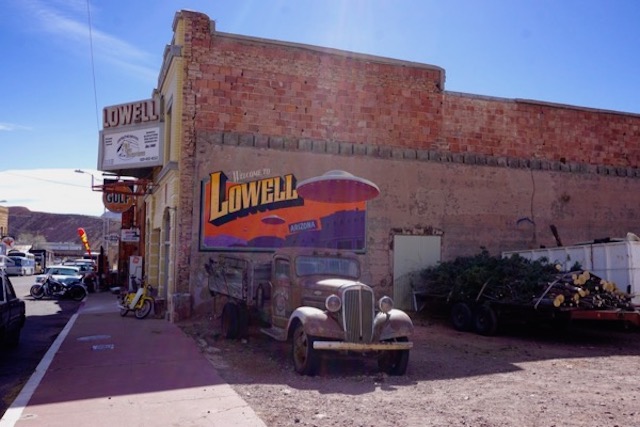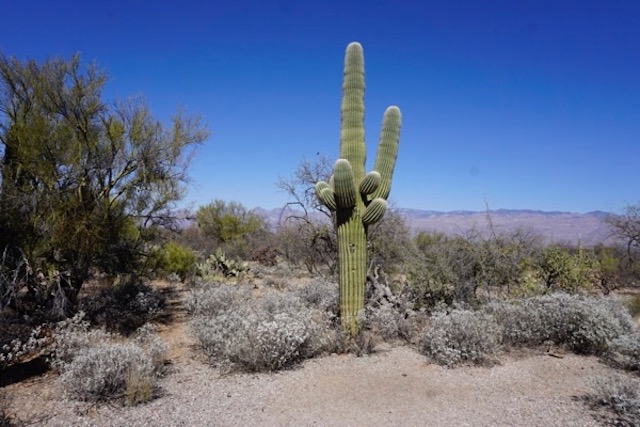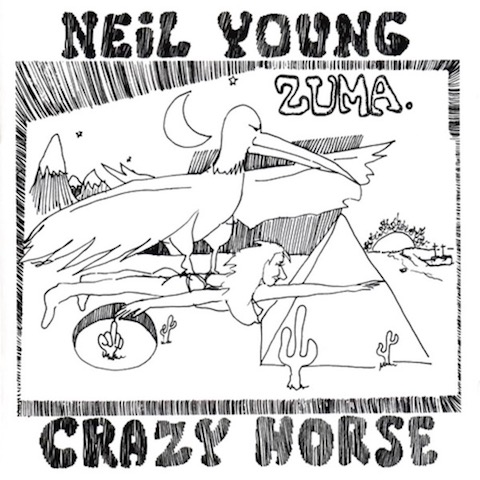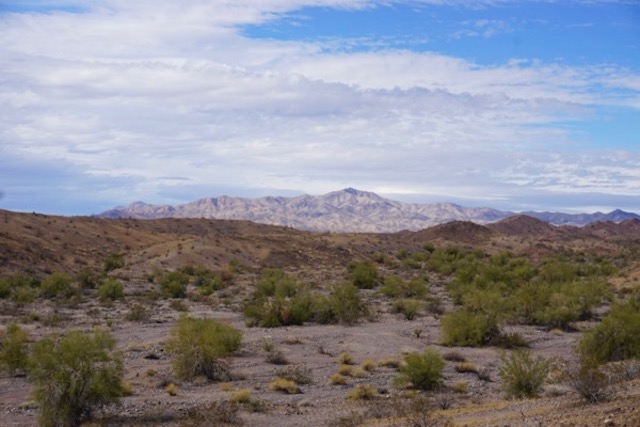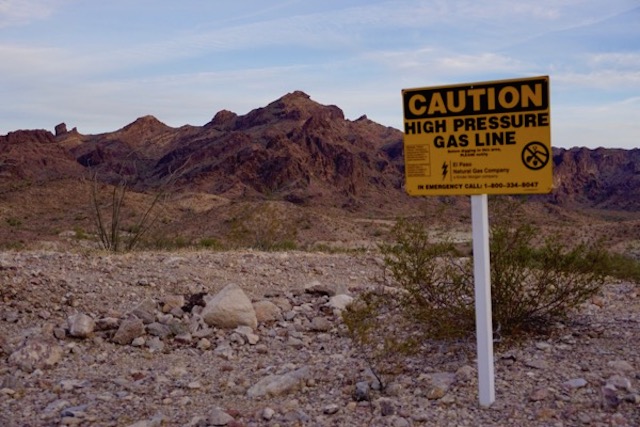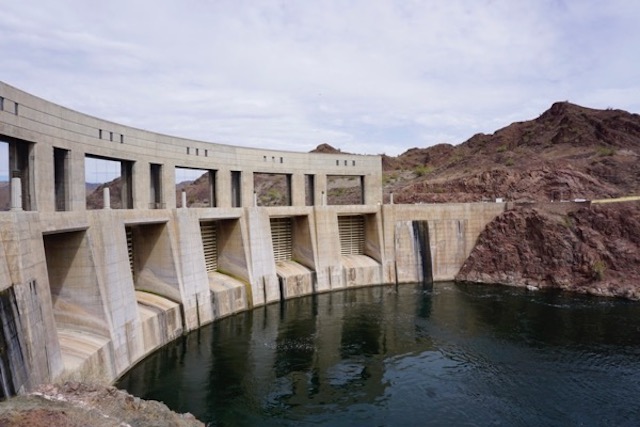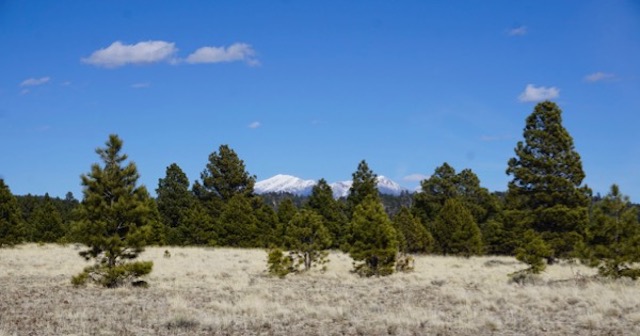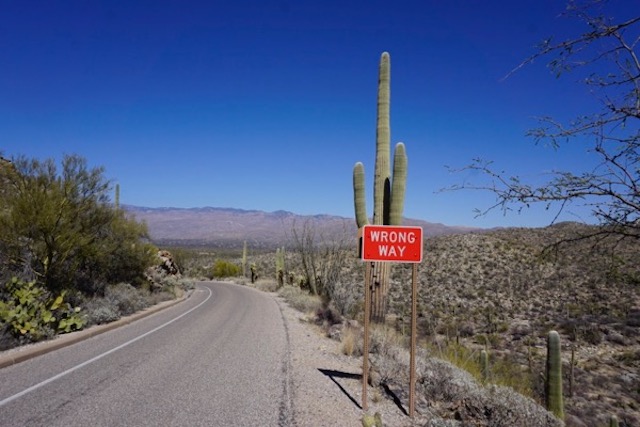Murphy DEP Plans Some “Big News” For Earth Week
Watershed group to host Acting DEP Commissioner McCabe announcement
Prepare yourself for the Earth Week Spin Cycle
DEP whispering in the ears of friends
[Update – 4/25/18 – Perhaps my criticism blew this up and DEP bailed, but Acting DEP Commissioner McCabe made no policy announcement at this event. She merely reaffirmed Christie DEP grants (again, its always about the money with these folks and always ineffective non-regulatory work). According to the Watershed webpage:
The commissioner (sic – McCabe is still acting) reaffirmed two pending [Christie DEP] grants that had been announced late last year. One grant will allow the Watershed to create and administer a statewide volunteer water-monitoring network. The second grant will enable Watershed staff to design and install green stormwater infrastructure within the Beden Brook Watershed. ~~~ end update]
I hate to spill the beans, but couldn’t resist exposing what very likely will be another political game.
I’ve been a participant in (while employed as both a DEP official and leader in NJ ENGO’s) and seen this game played so many times before, it sickens me to see it happening all over again. Please don’t think I’m cynical – as an “institutionalist””, like former FBI Director Comey, I’m just defending against erosion of basic institutional norms and values. Follow:
This morning, a NJ friend forwarded me an email announcement by the Stonybrook Millstone Watershed Association (SMWA) – titled “New DEP Commissioner, Big Reveal at Watershed Meeting” – touting upcoming “Big News” on April 23 (the day after Earth Day and start of Earth Week):
We’ve got big news to reveal at our annual meeting
Guest Speaker Catherine McCabe
Gov. Murphy’s nominee for Commissioner of th Department of Environmental Protection
Maybe Acting Commissioner McCabe will announce that Senate Judiciary Chair Scutari has defied Senate President Sweeney and posted her confirmation hearing sometime before July 1st? (so McCabe can’t be held hostage any more or played as a budget pawn).
Just joking.
But I think this could be the first time a DEP Commissioner was not confirmed before Earth Day.
But more likely, especially in light of the NJ Spotlight set up story today, McCabe will announce Gov. Murphy’s veto of the DuPont fracking wastewater bill now on his desk. (see: WILL MURPHY LET COMPANY DUMP TREATED WASTEWATER INTO DELAWARE RIVER?)
We wrote about that fracking bill before it passed both houses, predicted its final passage, and called on Murphy to veto the bill and use the veto to criticize the sponsor, Senate President Sweeney, see: NJ Democrats Go From Banning Fracking Wastewater to Deregulating and Promoting It
Curiously the Spotlight story failed to note the bill’s history (i.e. the 2 Christie vetoes of Dem. ban bills) and that the U-turn bill was sponsored and championed by Senate President Sweeney.
In omitting all that, Spotlight ignores the larger political battle between Sweeney and Gov. Murphy. That amounts to a face saving measure for both the Democrats and Sweeney and makes it easier of the Gov. to veto the bill and not poke a finger in Sweeney’s eye. By writing an essentially misleading story, Spotlight signals that they’re in on the game (also note that the quotes by environmentalists make no demands of Gov. Murphy or criticisms of Sweeney).
The part of the game I’m most troubled by, however, is not the typical media and cynical legislative politics.
It’s the way DEP is playing the game – which amounts to making policy in the dark and communicating policy to the public for maximum PR spin benefit via whispers in the ears of the environmental friends of the administration.
It is inappropriate and just poor governing for a watershed group to have the inside track on policy development and for them to be given a heads up on policy announcements.
How would environmental groups feel if the Petroleum Council, Chemistry Council, Builders Assc., or Chamber of Commerce put out an announcement to their members touting upcoming “Big News” from the DEP Commissioner?
(I once filed an ethics complaint for a similar DEP political “heads up” on inside information, but that was about a formal regulatory proceeding, which is very different from the “Big News” which I assume will not be regulatory, see: DEP COMMISSIONER GAVE INSIDE INFORMATION TO DEVELOPERS. The complaint was heard but dismissed.)
This is the third time I’ve learned of this DEP corrupt practice – I wrote about the first, when Sweeney mole DEP Chief of Staff Eric Wachter intervened in Pompton lakes.
The second time – which I didn’t write about but should have – was when Deputy Commissioner Deb Mans whispered in the ear of her friend, Highlands Coalition Director Julia Somers, about DEP’s so called “halt” on Sparta Mountain logging plans. That is Deb Mans’ essentially corrupt role: what I call “Keeping the Sheep In Line” via whisper campaigns.
The SBWSA “Big News” is strike three – and its not even May! Acting Commissioner McCabe is an experienced environmental lawyer and clearly knows better, so her tolerance of and now participation in these corrupt practices is disturbing.
Despite the DEP whisper campaign, don’t be fooled: a veto of this bill is no heavy lift, given that the Democrats twice passed and Gov. Christie twice vetoed Democratic bills to ban acceptance of fracking wastewater in NJ.
No way Gov. Murphy could sign a bill promoting fracking, which would not only contradict his campaign promises and his recent “united front against fracking” event, but put him on the same page as Christie in supporting Dupont and fracking.
Aside from the politics, substantively, veto provides no environmental benefit either, because DuPont is not now accepting fracking wastewater and is not discharging treated fracking wastewater to the Delaware River.
If Dupont (Chemours) were to seek a DEP permit without the legislative exemption provided in the bill, it would be very unlikely for DEP to issue a permit for treating and disposing of fracking wastewater, due to the lack of available treatment technology for all the radiological and chemicals in fracking wastewater (the inability to get a DEP permit is why Dupont sought the exemption in the bill!) As I wrote:
At a minimum, the Murphy DEP would require a “treatability” study by Dupont to document all the radioactive and chemical compounds in fracking wastewater and develop protective treatment technology and enforceable NJPDES permit effluent limits. The Sweeney bill is designed to block this kind of DEP regulatory move and grandfather the existing permit from further DEP review (e.g. see this prior DEP study at Dupont for blocking discharge of VX nerve gas):
“(05/64) TRENTON — Department of Environmental Protection (DEP) Commissioner Bradley M. Campbell today released a draft surface water discharge permit for the DuPont Chambers Works plant in Salem County. The wastewater permit does not allow treatment of a neutralized VX nerve agent byproduct, which is part of a proposed plan by the U.S. Army and also under scrutiny by the federal Environmental Protection Agency (EPA) and Centers for Disease Control (CDC).”
So once again, Gov. Murphy will be a green hero for doing virtually nothing.
Just my guess about the “big news”.
Of course I could be wrong.
The “Big News” could be an announcement that DEP is killing the PennEast pipeline.
Now that sure would be big news and worthy of praise.
But I strongly doubt that it will be the news.

